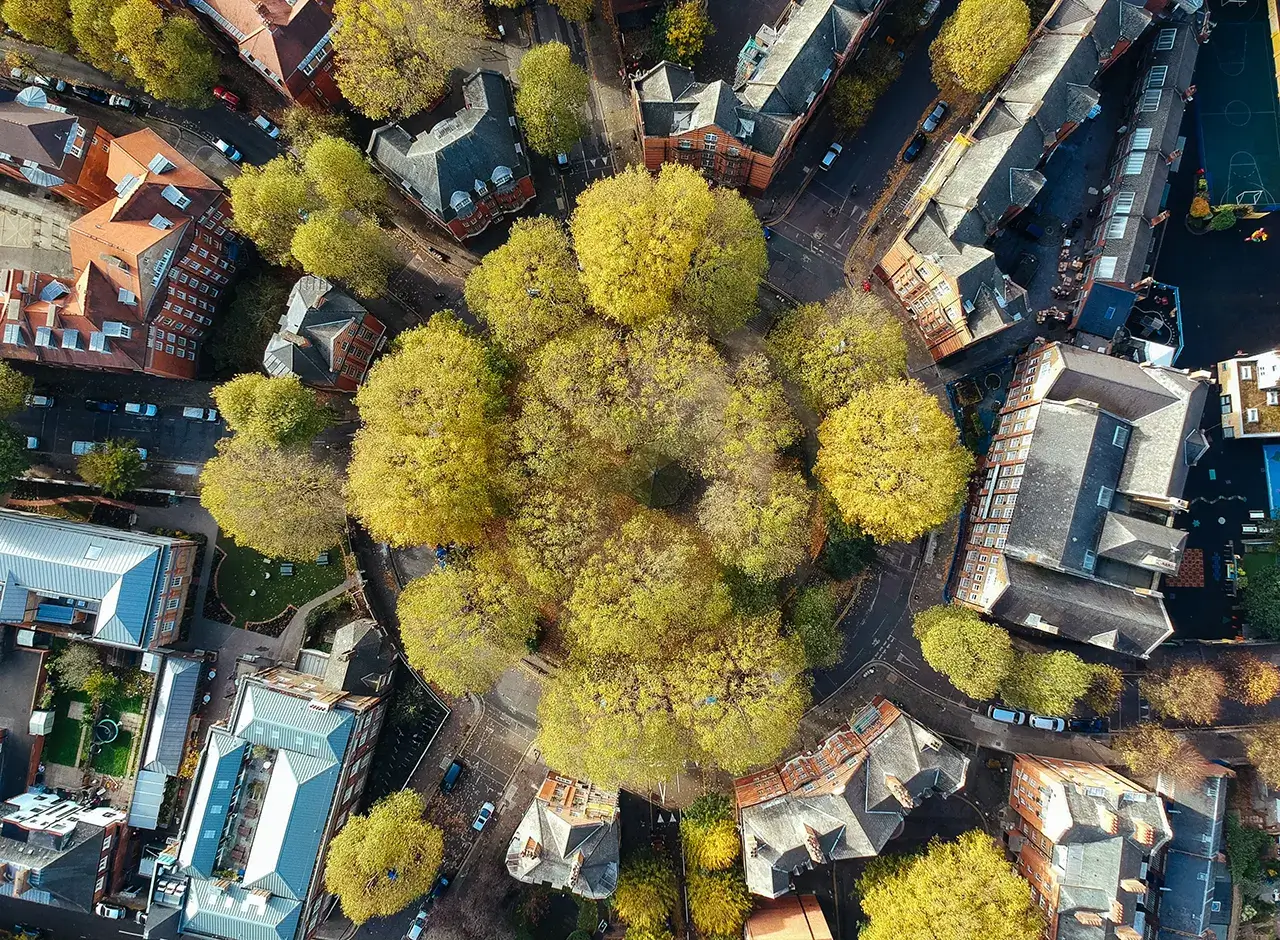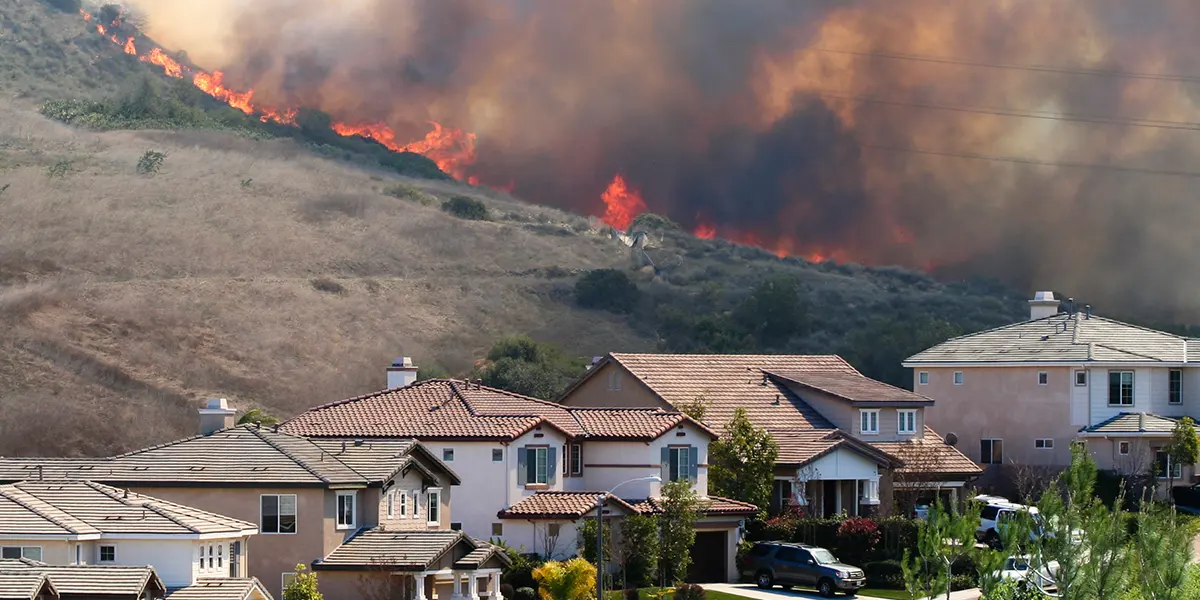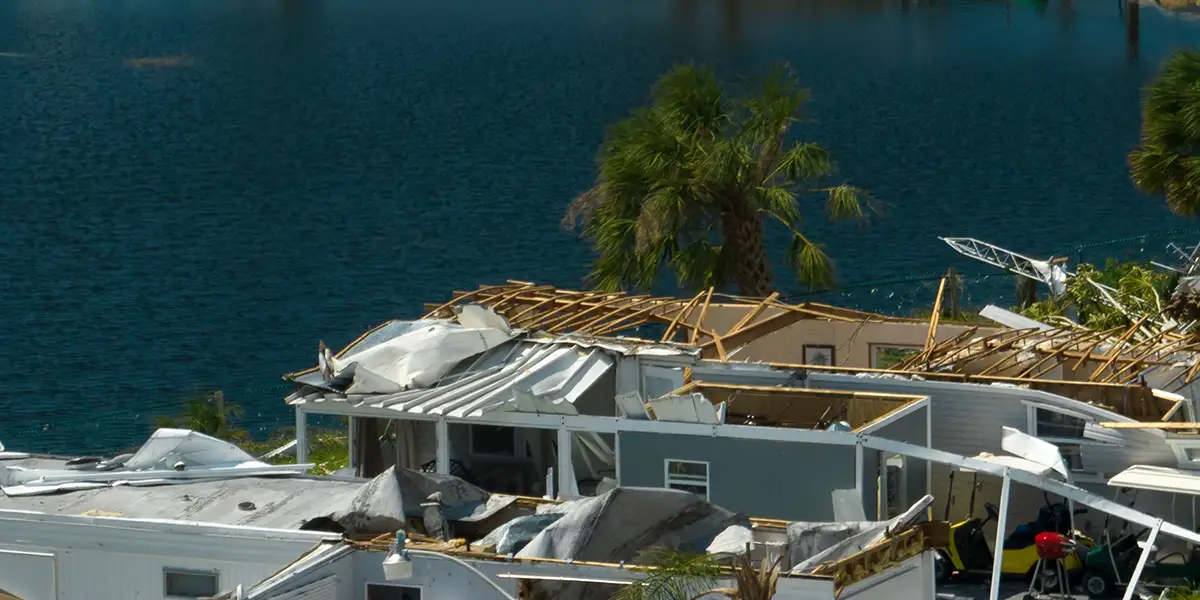Urgent, inclusive action is needed as the window to mitigate the worst impacts of climate change closes.
Cities present both our biggest challenge and some of our greatest opportunities as climate change threatens human health and wellbeing, the latest Intergovernmental Panel on Climate Change (IPCC) report says.
Released on 28th February, Climate Change 2022: Impacts, Adaptation and Vulnerability represents Working Group II's contribution to the IPCC's Sixth Assessment Report, which is set to be completed later this year.
"This report recognises the interdependence of climate, biodiversity and people and integrates natural, social and economic sciences more strongly than earlier IPCC assessments," said IPCC Chair Hoesung Lee. "It emphasises the urgency of immediate and more ambitious action to address climate risks. Half measures are no longer an option."
While this report follows Working Group I's Climate Change: The Physical Science, released in August 2021, which detailed the imminent threat of exceeding 1.5 degrees Celsius, this latest dives further into the interconnections between planetary and human health. It emphasises the importance of viewing climate challenges through an intersectional lens while embracing data-supported adaptation and mitigation solutions.
The cost of inaction
People living in cities are already facing the effects of climate change, the report notes: degrading air quality due to wildfires and increased greenhouse gas emissions, higher risks of heat stress, lack of water, and food shortages, among other impacts related to supply chain and infrastructure. Economically and socially marginalised urban residents suffer the worst of the impacts.
With more than half of the world's population living in urban centres, the compounding consequences of climate change and social inequity are on track to become all that more dire. The report anticipates "disruptions of services and impacts to wellbeing" as the impacts of climate change become more common, particularly on vulnerable industries—such as agriculture, energy, and tourism—and on coastal communities.
And these all come at a cost. In one worst-case example, the report says coastal flooding in Europe "is projected to increase at least 10-fold by the end of the 21st century," potentially threatening up to 510 million people and risking up to US$12 billion in assets.
In addition to noted negative impacts on mental health, exposure to climate change and associated consequences is expected to cause "a further erosion of livelihood security that can interact with humanitarian crises, such as displacement and involuntary migration and violence and armed conflict, and lead to social tipping" for vulnerable people.
"Climate change is a global challenge which affects everybody, no matter your socio-economic background or geographical location," said Climate X's Lead Scientist, Dr Claire Burke. "At Climate X, we are using global data to get a holistic overview of the potential impacts and hazards which may come in future because of climate change. Planning how to act relies on this type of information being accurate and relevant—our risk assessments can form a cornerstone of societal resilience, not just for finance but for policymakers and local leaders as well."
Building climate-resilient cities
Though urban centres might bear the brunt of the impacts of climate change, they also play a key role in mitigating the worst to come, should they act on relevant science.
"Cities also provide opportunities for climate action – green buildings, reliable supplies of clean water and renewable energy, and sustainable transport systems that connect urban and rural areas can all lead to a more inclusive, fairer society," said Debra Roberts, co-chair of IPCC Working Group II.
The report explains that coastal urban areas in particular "are critical, interconnected sites for enabling climate-resilient development," due in part to their large populations—more than 1 billion people are estimated to live in coastal cities by 2050—and the role they play in global supply chains, national economies, and as centres of innovation.

So how do we move forward?
We must protect and store our natural ecosystems, yes, but the solutions do not lie in nature alone, the report explains. Unquestionably, human-caused greenhouse gas emissions must be reduced drastically to prevent increasingly severe climate change impacts, but we must also push forward for systemic change that invites sustainable development. That means listening to the science and inviting data-supported solutions that leverage new and developing technologies; think clean energy, circular economies, sustainable food systems, improved urban planning and transportation, and social frameworks that promote education and reduce poverty.
Most important, the report points out, is ensuring that all are involved in climate-related decision making, including government, private sector, and civil society. Creating space for scientific, Indigenous, and local knowledge is key to reducing risks and impacts, and promoting justice and equity, it says.
And just as the report stresses the importance of immediate action, it equally highlights the solutions that exist: climate risk assessment and decision-support tools have been and must continue to be applied to adapt and mitigate the worst to come, it explains. That is where climate data analytic platforms, such as Climate X Spectra, come in.
The report reminds us that we have the knowledge and tools. Now, it is time to act.
After all, as the report details, "We don't have any time to lose."
Next steps
Feel free to get in touch to discuss any of your physical/transition risk data needs or learn more about Spectra.





